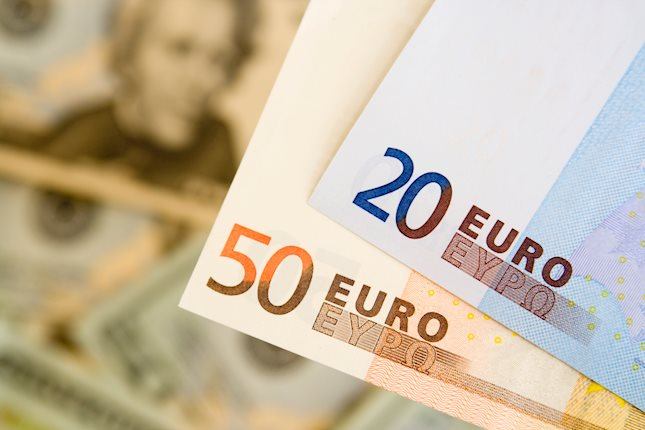- UoM's headline Consumer Sentiment Index dropped more than expected to 59.1 from 65.2.
- FX markets did not react to the latest downbeat survey.
The preliminary estimate of the University of Michigan's (UoM) Consumer Sentiment Index for May fell to 59.1 versus an expected 64.0 fall from 65.2 in April, its lowest since August 2011, data released on Friday showed. UoM's Consumer Expectations Index fell to 56.3 from 63.0 in April, larger than the expected drop to 62.5, while the Current Conditions Index fell to 63.6 from 69.4, versus an expected small rise to 70.5, its lowest reading since March 2009.
UoM's index of consumer inflation expectations showed that both one and five-year expectations remained steady at 5.4% and 3.0% respectively.
Market Reaction
There was little to no reaction in the US dollar to the latest weaker-than-expected UoM survey, which likely reflects the worsening bite of US inflation on US consumer confidence.
Note: All information on this page is subject to change. The use of this website constitutes acceptance of our user agreement. Please read our privacy policy and legal disclaimer. Opinions expressed at FXstreet.com are those of the individual authors and do not necessarily represent the opinion of FXstreet.com or its management. Risk Disclosure: Trading foreign exchange on margin carries a high level of risk, and may not be suitable for all investors. The high degree of leverage can work against you as well as for you. Before deciding to invest in foreign exchange you should carefully consider your investment objectives, level of experience, and risk appetite. The possibility exists that you could sustain a loss of some or all of your initial investment and therefore you should not invest money that you cannot afford to lose. You should be aware of all the risks associated with foreign exchange trading, and seek advice from an independent financial advisor if you have any doubts.
Recommended content
Editors’ Picks

EUR/USD holds above 1.0400 in quiet trading
EUR/USD trades marginally higher above 1.0400 in the second half of the day on Friday. The absence of fundamental drivers and thin trading conditions on the holiday-shortened week make it difficult for the pair to gather directional momentum.

GBP/USD recovers to 1.2550 area following earlier decline
GBP/USD regains its traction and trades in positive territory near 1.2550 after declining toward 1.2500 earlier in the day. Nevertheless, the cautious market mood limits the pair's upside as trading volumes remain low following the Christmas break.

Gold struggles to build on weekly gains, holds above $2,620
Gold enters a consolidation phase and trades below $2,630 on Friday after posting modest gains on Thursday. The risk-averse market atmosphere helps XAU/USD limit its losses as investors refrain from taking large positions heading into the end of the holiday-shortened week.

Bitcoin misses Santa rally even as on-chain metrics show signs of price recovery
Bitcoin (BTC) price hovers around $97,000 on Friday, erasing most of the gains from earlier this week, as the largest cryptocurrency missed the so-called Santa Claus rally, the increase in prices prior to and immediately following Christmas Day.

2025 outlook: What is next for developed economies and currencies?
As the door closes in 2024, and while the year feels like it has passed in the blink of an eye, a lot has happened. If I had to summarise it all in four words, it would be: ‘a year of surprises’.

Best Forex Brokers with Low Spreads
VERIFIED Low spreads are crucial for reducing trading costs. Explore top Forex brokers offering competitive spreads and high leverage. Compare options for EUR/USD, GBP/USD, USD/JPY, and Gold.